Beverage Day
National Tourist Appreciation Day
National Crepe Suzette Day
No Diet Day
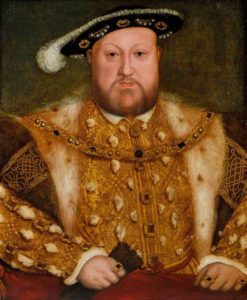 1536 – King Henry VIII of England ordered English-language Bibles be placed in every church.
1536 – King Henry VIII of England ordered English-language Bibles be placed in every church.
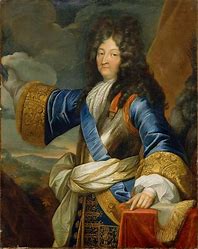 1682 – Louis XIV of France moved his court to the Palace of Versailles.
1682 – Louis XIV of France moved his court to the Palace of Versailles.
 Birthday of Sigmund Freud (May 6, 1856), Austrian physician, founder of psychoanalysis.
Birthday of Sigmund Freud (May 6, 1856), Austrian physician, founder of psychoanalysis.
Birthday of Rear Admiral Robert Edwin Peary (May 6, 1856), American Arctic explorer, first to reach the North Pole in 1909.
On May 6, 1861, Richmond, Virginia was declared the new capital of the Confederate States of America.
 1889 – The Eiffel Tower was officially opened to the public at the Universal Exposition in Paris.
1889 – The Eiffel Tower was officially opened to the public at the Universal Exposition in Paris.
1910 – George V became King of the United Kingdom upon the death of his father, Edward VII. George was a grandson of Queen Victoria and a grandfather of Queen Elizabeth II.
From 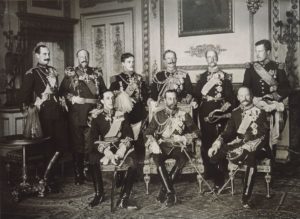 On this day.com Nine Kings in One Room: (Click on picture for larger view)
On this day.com Nine Kings in One Room: (Click on picture for larger view)
Standing, from left to right: King Haakon VII of Norway, Tsar Ferdinand of the Bulgarians, King Manuel II of Portugal and the Algarves, Kaiser Wilhelm II of Germany and King of Prussia, King George I of the Hellenes and King Albert I of the Belgians. Seated, from left to right: King Alfonso XIII of Spain, King George V of the United Kingdom and King Frederick VIII of Denmark.
Edward VII died on 6 May 1910 after a short reign of nine years. His funeral was notable for the enormous assemblage of foreign royalty. In a mere four years, the picture would be antiquated for another reason: it would be the last great gathering of royals before the outbreak of World War I, where many of the nations represented would be at war with each other.
New Deal: Executive Order 7034 created the Works Progress Administration on May 6, 1935.
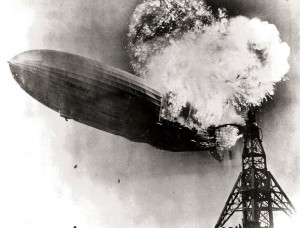 Hindenburg disaster: On May 6, 1937, the German Zeppelin Hindenburg catches fire and is destroyed within a minute while attempting to dock at Lakehurst, New Jersey. Thirty-six people were killed. Interesting reading at The Hindenburg Disaster: 9 Surprising Facts written by Christopher Klein (published May 4, 2012 at History.com)
Hindenburg disaster: On May 6, 1937, the German Zeppelin Hindenburg catches fire and is destroyed within a minute while attempting to dock at Lakehurst, New Jersey. Thirty-six people were killed. Interesting reading at The Hindenburg Disaster: 9 Surprising Facts written by Christopher Klein (published May 4, 2012 at History.com)
1941 – At California’s March Field, Bob Hope performed his first USO show.
1949 – EDSAC, the first practical electronic digital stored-program computer, runs its first operation.
1954 – Roger Bannister became the first person to run the mile in under four minutes.

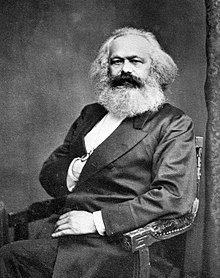 Birthday of Karl Marx (1818) , German philosopher, economist, historian, sociologist, political theorist, journalist and socialist revolutionary, author of “Das Kapital” and The Communist Manifesto, available at
Birthday of Karl Marx (1818) , German philosopher, economist, historian, sociologist, political theorist, journalist and socialist revolutionary, author of “Das Kapital” and The Communist Manifesto, available at  The Music Hall in New York City (later known as Carnegie Hall) has its grand opening and first public performance on May 5, 1891, with Tchaikovsky as the guest conductor.
The Music Hall in New York City (later known as Carnegie Hall) has its grand opening and first public performance on May 5, 1891, with Tchaikovsky as the guest conductor.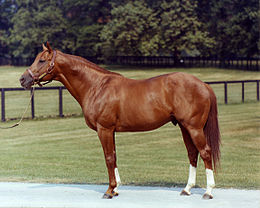 On May 5, 1973, Secretariat won the 1973 Kentucky Derby in 1:59 2/5, a still standing record. He went on to win the Preakness Stakes and the Belmont Stakes, the first U.S. Triple Crown winner in 25 years. He set records in all three events.
On May 5, 1973, Secretariat won the 1973 Kentucky Derby in 1:59 2/5, a still standing record. He went on to win the Preakness Stakes and the Belmont Stakes, the first U.S. Triple Crown winner in 25 years. He set records in all three events.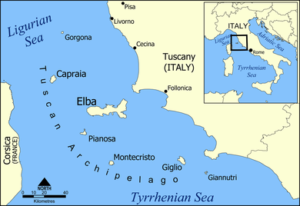 Emperor Napoleon I of France arrived at Portoferraio on the island of Elba on May 4, 1814 to begin his exile.
Emperor Napoleon I of France arrived at Portoferraio on the island of Elba on May 4, 1814 to begin his exile.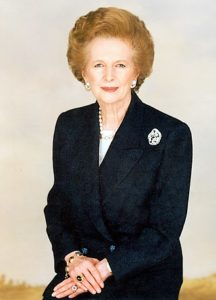 May 4, 1979 – Margaret Thatcher became the first female Prime Minister of the United Kingdom.
May 4, 1979 – Margaret Thatcher became the first female Prime Minister of the United Kingdom.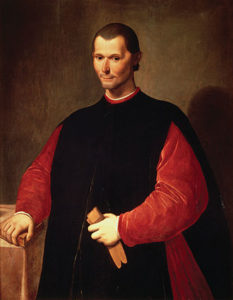 Birthday of Niccoló Machiavelli (May 3, 1469), Italian statesman and author of “The Prince”
Birthday of Niccoló Machiavelli (May 3, 1469), Italian statesman and author of “The Prince” In part because of the poem’s popularity, the poppy was adopted as the Flower of Remembrance for the war dead of Britain, France, the United States, Canada and other Commonwealth countries.
In part because of the poem’s popularity, the poppy was adopted as the Flower of Remembrance for the war dead of Britain, France, the United States, Canada and other Commonwealth countries. The 108-story Sears Tower (now named the Willis Tower) in Chicago is topped out at 1,451 feet as the world’s tallest building in 1973.
The 108-story Sears Tower (now named the Willis Tower) in Chicago is topped out at 1,451 feet as the world’s tallest building in 1973.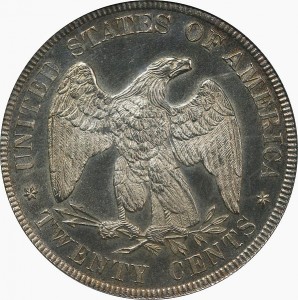
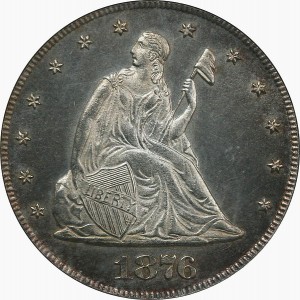
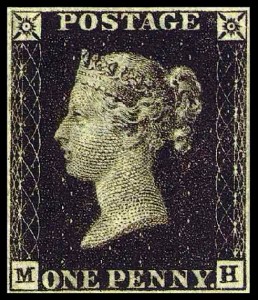 1840 – The Penny Black, the first official adhesive postage stamp, was issued in the United Kingdom.
1840 – The Penny Black, the first official adhesive postage stamp, was issued in the United Kingdom.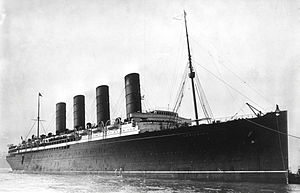 1915 – The RMS Lusitania departed from New York City on her two hundred and second, and final, crossing of the North Atlantic. Six days later, the ship was torpedoed off the coast of Ireland with the loss of 1,198 lives, including 128 Americans, rousing American sentiment against Germany.
1915 – The RMS Lusitania departed from New York City on her two hundred and second, and final, crossing of the North Atlantic. Six days later, the ship was torpedoed off the coast of Ireland with the loss of 1,198 lives, including 128 Americans, rousing American sentiment against Germany.


 1947 – In Nevada, the Boulder Dam was renamed the Hoover Dam a second time.
1947 – In Nevada, the Boulder Dam was renamed the Hoover Dam a second time. 1987 Bill Elliott set the all-time speed record of 212.8 mph at Talladega Speedway during qualifying for the race to be run on May 3, 1987.
1987 Bill Elliott set the all-time speed record of 212.8 mph at Talladega Speedway during qualifying for the race to be run on May 3, 1987. On April 29, 1986, in a game against the Seattle Mariners at Fenway Park, Roger Clemens of the Boston Red Sox becomes the first pitcher in Major League Baseball to strike out 20 batters in a nine-inning game. Ten years later, Clemens repeated the feat, the only player in baseball history to do so.
On April 29, 1986, in a game against the Seattle Mariners at Fenway Park, Roger Clemens of the Boston Red Sox becomes the first pitcher in Major League Baseball to strike out 20 batters in a nine-inning game. Ten years later, Clemens repeated the feat, the only player in baseball history to do so. Eeyore’s Birthday – (Eeyore is a character in the Winnie-the-Pooh books by A. A. Milne. He is generally characterized as a pessimistic, gloomy, depressed, anhedonic [not able to feel pleasure], old grey stuffed donkey who is a friend of the title character, Winnie-the-Pooh.)
Eeyore’s Birthday – (Eeyore is a character in the Winnie-the-Pooh books by A. A. Milne. He is generally characterized as a pessimistic, gloomy, depressed, anhedonic [not able to feel pleasure], old grey stuffed donkey who is a friend of the title character, Winnie-the-Pooh.)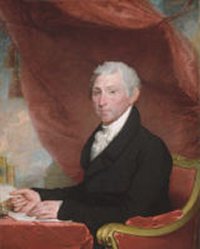 Birthday of
Birthday of 